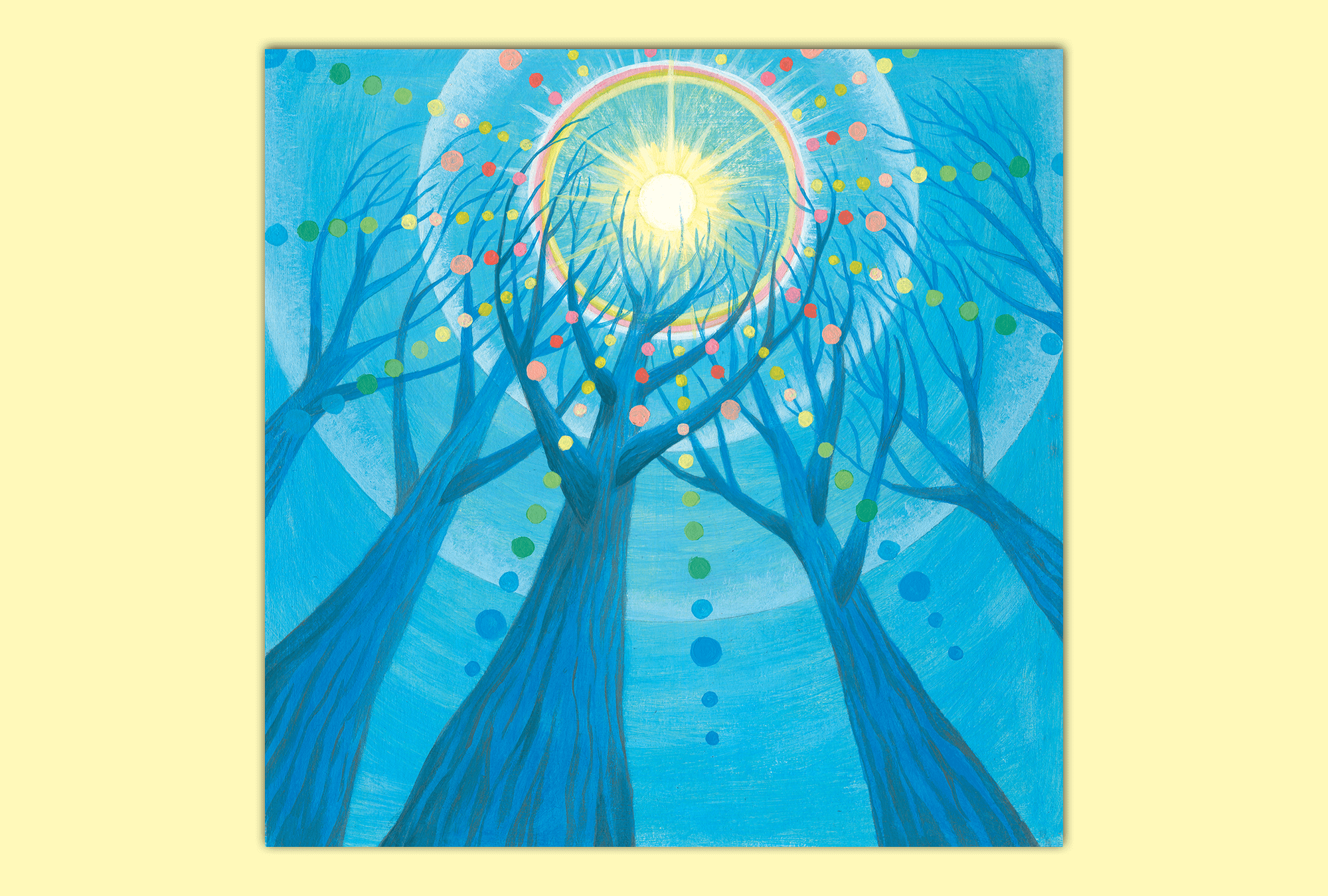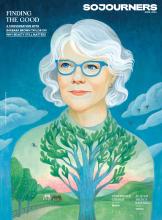Share As A Gift
Share a paywall-free link to this article.
This feature is only available for subscribers.
Start your subscription for as low as $4.95. Already a subscriber?

Illustration by Jody Hewgill
BARBARA BROWN TAYLOR was supposed to be a poet or a short story writer. She accrued a respectable stack of rejection letters to show she tried. Instead, she became an Episcopal priest. One day, someone asked for a transcript of her sermon, and Taylor realized she had published her first story.
She went on to publish several collections of sermons or what she likes to call “spiritual meditations.” Ranked by Baylor University as “one of the 12 most effective preachers in the English-speaking world,” Taylor left parish ministry in 1997 and taught religion from 1998 until her retirement in 2017. She is the author of 15 books, including Leaving Church, An Altar in the World, Learning to Walk in the Dark, Holy Envy, and Always a Guest. She now devotes most of her attention to the farm she shares with her husband, Ed Taylor, in the foothills of the Appalachian Mountains in north Georgia, where they have lived since 1992. But she still writes. She is working on Coming Down to Earth, a book about reverence, and she shares short reflections on the beauty of life on her email newsletter with the same title.
Sojourners associate editor Josina Guess lives on a small farm in Georgia, not far from Taylor, and the two spoke in January over Zoom about caring for animals, finding balance, loving neighbors, and the power of resurrection.

Got something to say about what you're reading? We value your feedback!